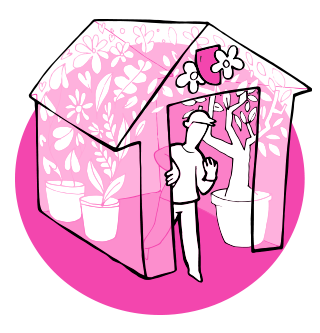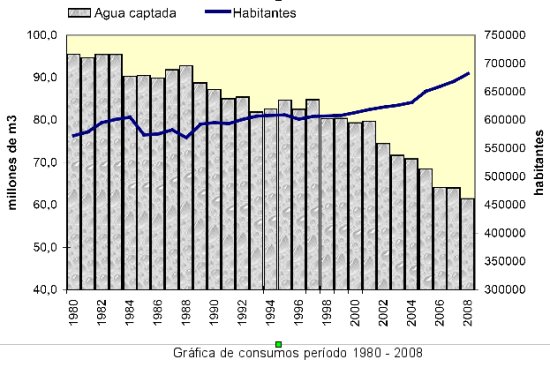Presentation
SWITCH is a project for promoting an efficient use and management of water among the citizens. It is included in the 6th Framework Programme of the European Union and headed by UNESCO-IHE (Institute for Water Education)
he objective of this project is the development, application and demonstration of solutions that can contribute to the implementation of projects for a sustainable and efficient management of water in the "city of the future". SWITCH will be developed from 2006 to 2011 with a European funding of 14.75 million euros.
SWITCH Project (Managing Water for the City of the Future) groups 32 institutions of 4 continents for developing new proposals in the management of water. The demo cities are: Zaragoza, Spain; Hamburg, Germany; Birmingham, United Kingdom; Lodz, Poland; Tel-Aviv, Israel; Alexandria, Egypt; Accra, Ghana; Beijing and Chongqing, China; and Belo Horizonte, Brazil. The participation of Zaragoza focuses on the field of the management of water demand in cities.
Map of participant countries




